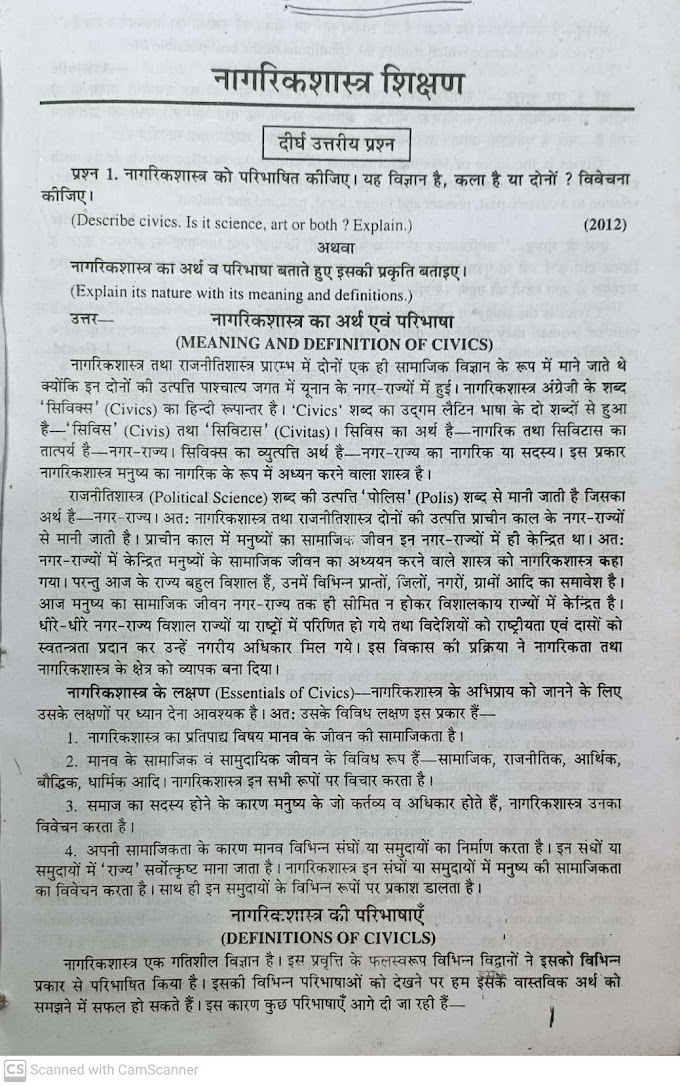Energy
The main source of energy is the sun. Plants use the energy of the sun for photosynthesis and that is why they are called producers. Herbivores eat plants. They are called consumers. Non-vegetarians make food for the vegetarians. In this way energy is transferred from one animal to another. Some of the energy is converted into heat.
Conventional sources of energy
The conventional sources of energy are fossil fuels. Fossil fuels take many years to form and cannot be renewable. Fossils are the remains of organisms that lived many years ago and fossil
fuels are plants that were buried in the earth and turned into stones.
Fossil Fuel
➢ Coal : It is a solid material. In our country, coal mines are found near the cities of Raniganj, Jharia and Dhanbad in Bihar.
➢ Oil: - This is a liquid metal, oil is found in India on the west coast and in the Digboi oil fields of Assam and Rajasthan, Gujarat.
➢ Natural Gas: It is a mixture of different gases. The gas used for cooking is called LPG or Liquefied Petroleum Gas and it is brought in cylinders. Compressed natural gas or CNG (such as buses, scooters, auto-rickshaws and taxis) is used in public transport vehicles.
non-conventional sources of energy
These are renewable resources and they are never going to expire.
➢ Solar energy :- Solar energy or the energy received from the sun is the most important. It is widely found in nature, it is pollution free.
➢ Wind energy:- Wind energy has traditionally been used to raise water for domestic purposes and for irrigation of fields. The kinetic energy of air is converted into electrical energy and used.
➢ Hydroelectricity:- The electricity generated by the kinetic energy of falling or flowing water is called hydroelectricity.
➢ Tidel energy:- Tidal power or tidal energy is a form of hydroelectricity. Tidal energy is the energy of the ocean or ocean waves, the energy of the tides coming in the ocean is converted into electric power by applying suitable turbines.
➢ Geothermal energy :- It is the energy that is extracted from the heat stored in the earth.
Energy derived from biomass:- Biomass is the plant material which is formed as a result of photosynthesis. Biomass is a source of energy. They can be used directly by burning or they can be used after converting them into different types of biofuels. Example- sugarcane bagasse, paddy husk, unusable wood etc.
Petroleum
➢ Petroleum is made naturally, but its formation is very slow, it takes millions of millions of years to make it.
➢ Crude oil coming out of the ground is a dark colored liquid with an odor that is refined. After being refined, it produces kerosene, diesel, petrol, and oil used in aircraft, LPG, MOM, bitumen, Girish.
Gas
➢ The process of change from liquid to gas is called evaporation. The process of evaporation is slowest when there is a decrease in both the surface area and the temperature. When the surface area is large,the temperature evaporates even when the temperature is low or high.
➢ Greenhouse gases are carbon dioxide, nitrous oxide, chloro-fluoro carbon, methane etc. These gases are responsible for climate change and they are increasing the heat in the world. Chloro-fluoro carbon has been banned in India.









0 Comments